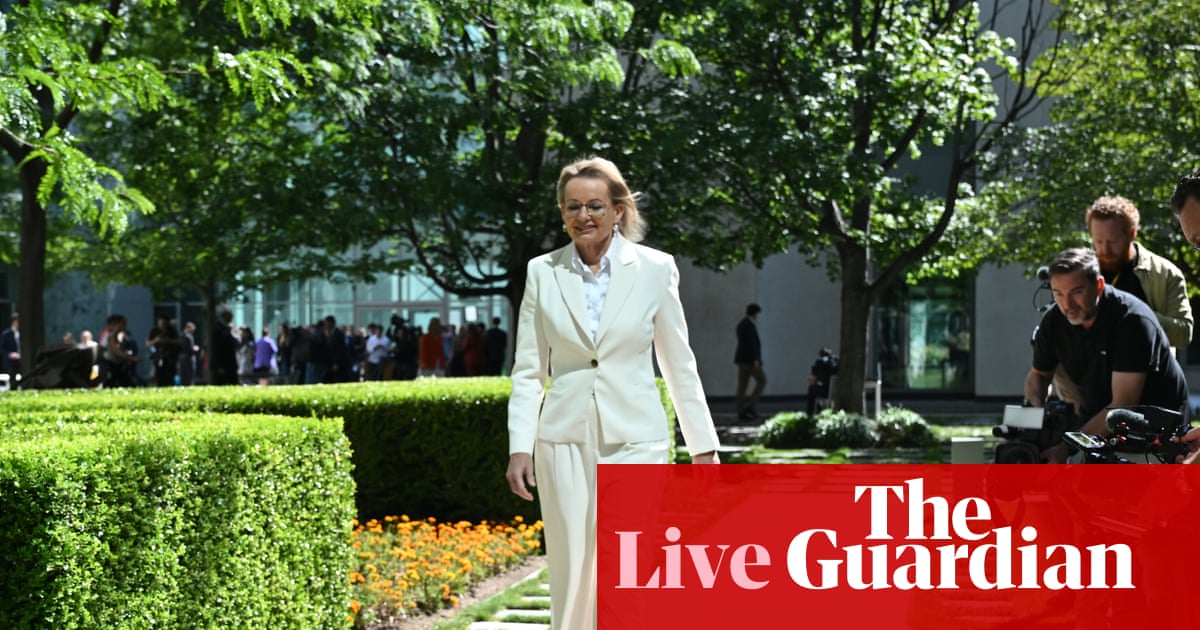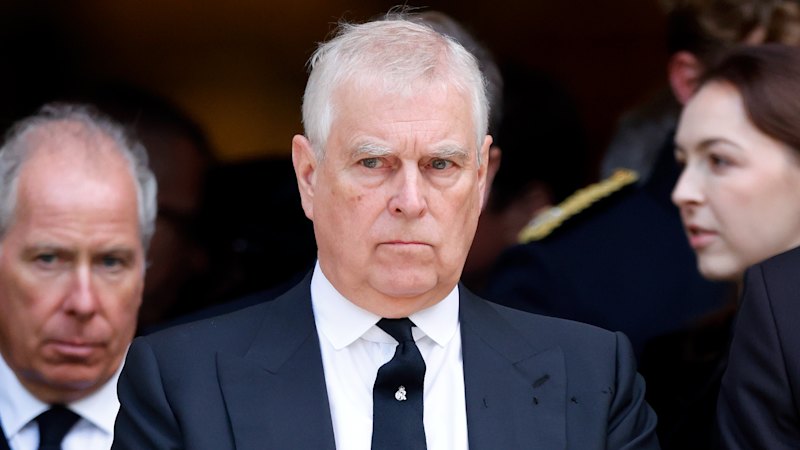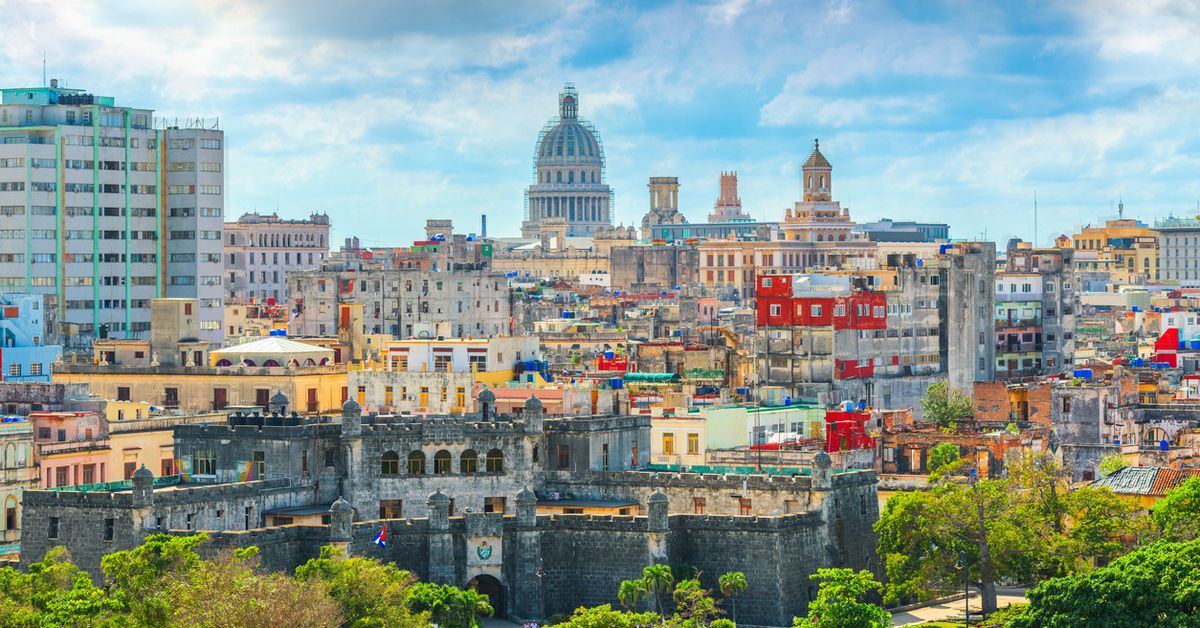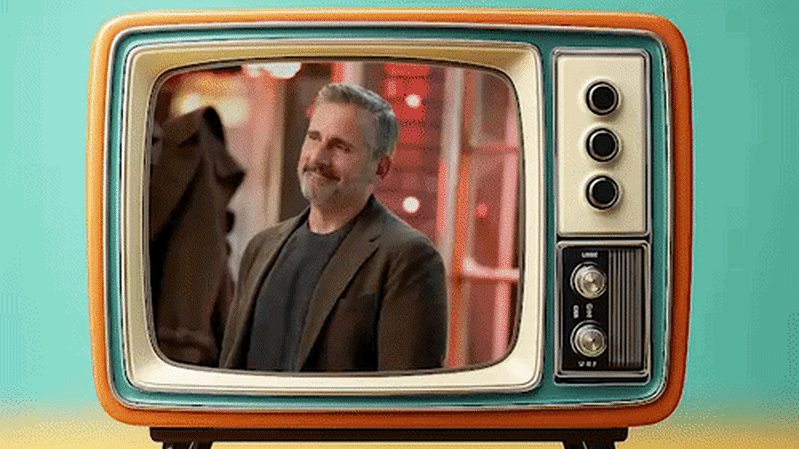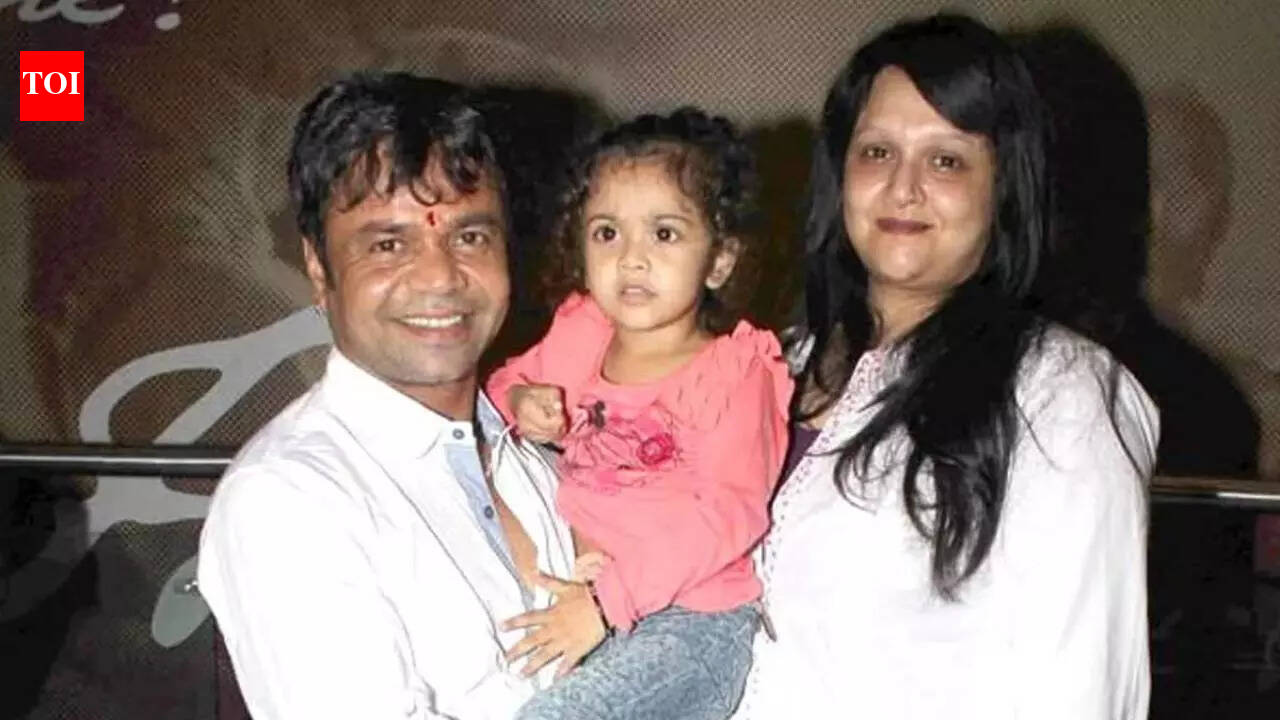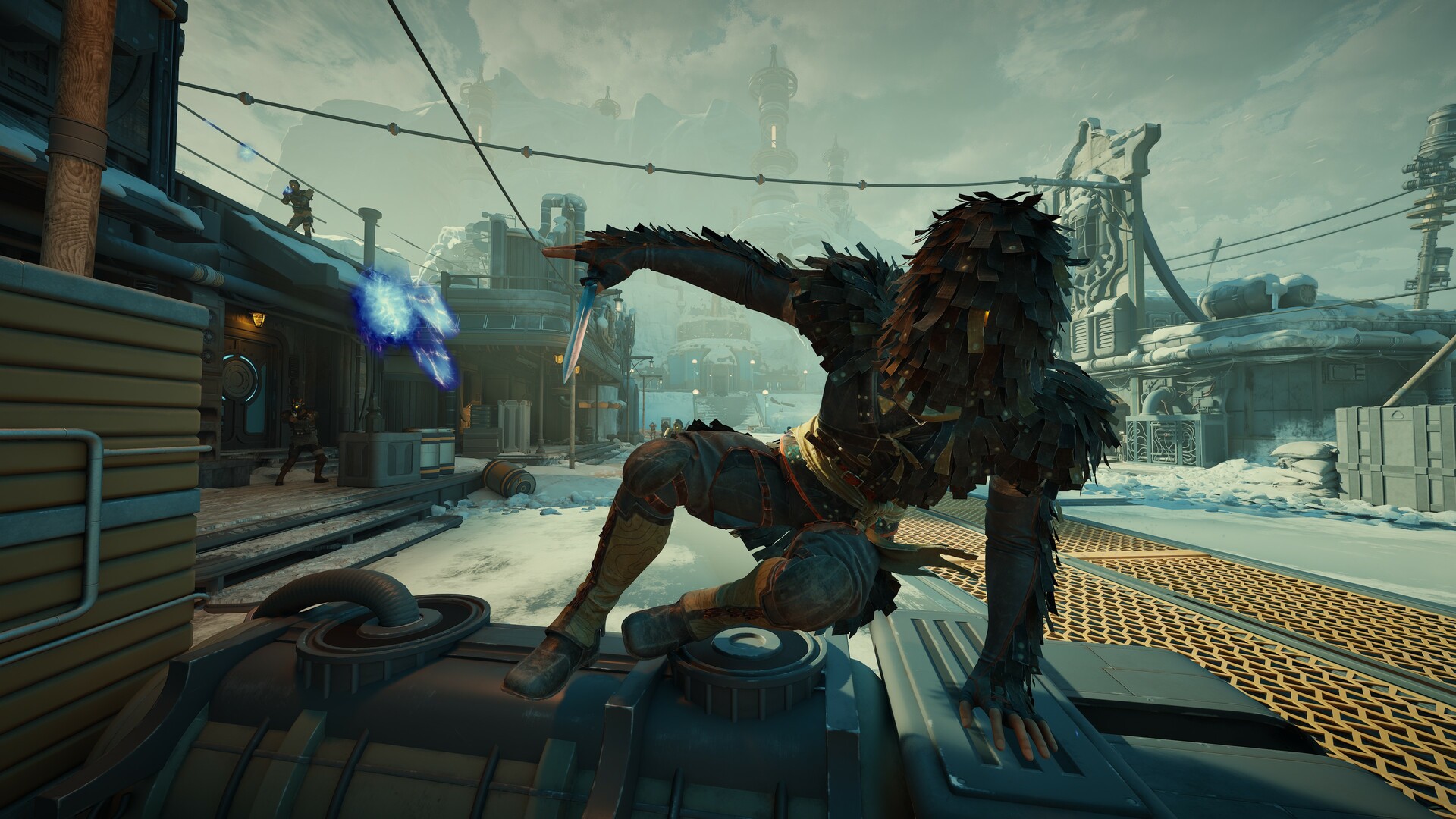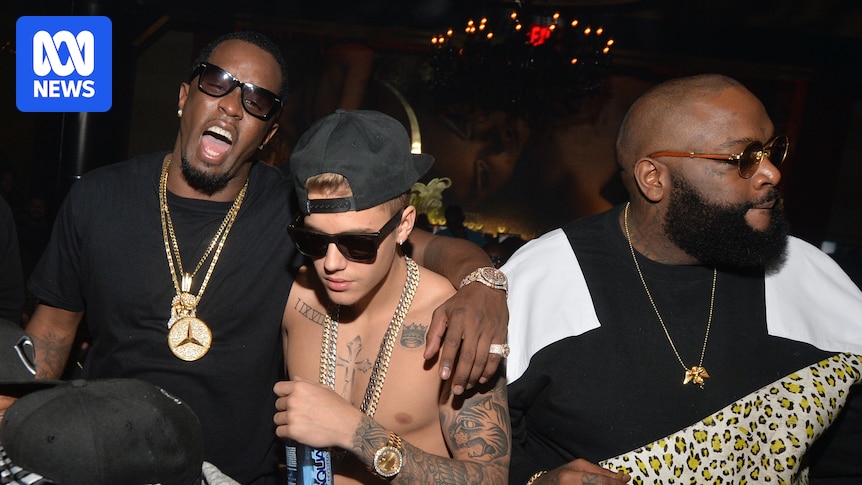
The streets of Harlem have transformed dramatically in the half-century since Janice Combs brought home her newborn son, Sean. Once notorious for violence and poverty, Harlem has evolved into a vibrant hub of Black arts, music, and culture. Over these five decades, Sean Combs, one of Harlem’s most illustrious sons, rose from humble beginnings to become a dominant figure in New York’s cultural landscape.
Sean Combs, known to many as “Diddy,” lived extravagantly and achieved what his attorneys described to a New York jury as a rare feat: becoming a “self-made successful Black entrepreneur.” Yet, just a subway ride from his Harlem roots, his empire nearly crumbled in a Manhattan courtroom. A jury of 12 New Yorkers, far removed from the celebrity circles Combs frequented, deliberated his fate. While acquitted of the grave charges of racketeering conspiracy and sex trafficking, which could have resulted in a life sentence, Combs was found guilty of two counts of transportation to engage in prostitution.
Before the verdict, Combs’ former publicist, Rob Shuter, revealed to ABC that the team was planning a celebratory party for Combs, a man renowned for his grandiose events. “And knowing Puff, you know who’ll be on the top of his invite list? Twelve people — the jurors,” Shuter told 7.30. As Combs awaits sentencing, Shuter believes an appeal is likely. “He will fight it. He’s not the type of person to say ‘I respect that judgement.’ No, I think he’s going to fight this until the very, very, very, very end.”
From Harlem to Howard Dropout
While Harlem is integral to Diddy’s narrative, much of his childhood unfolded in the relatively safer Mount Vernon, just north of the Bronx. Following the murder of Sean’s father, Melvin Combs, a drug dealer, his mother relocated the family. Sean, then three, was initially told his father died in a car accident, a truth he later uncovered.
Combs shared this revelation during a commencement speech at Howard University in 2014:
“When I typed in my father’s name and the day he died, I read in the Amsterdam News that he had been murdered in a drug deal gone bad,” he said. “Right there in that library I realised there’s nothing greater than a mother’s love and desire to protect her child.”
Combs enrolled at Howard University in Washington DC to study business but soon prioritized his side hustles: organizing massive parties and interning at Uptown Records in New York. Drawn back to New York’s burgeoning hip hop scene, he dropped out of Howard, returning to his roots to refine his skills in the music industry, hosting popular weekly dance parties dubbed Daddy’s House.
Biggie, Tupac, and a Deadly Rivalry
In 1993, Combs founded Bad Boy Records, quickly becoming a central figure in the hip hop scene and the violent East Coast-West Coast rivalry. His early success with the Notorious B.I.G. catapulted him into the spotlight. Biggie’s debut album, “Ready to Die,” released in 1994, made an instant impact.
Combs, then known as Puff Daddy, ensured he was not just behind the scenes, but also in the limelight, rapping on tracks alongside his artists. In 1997, Biggie was tragically killed in a drive-by shooting, an event widely viewed as retaliation for the murder of West Coast hip-hop icon Tupac Shakur. Combs capitalized on their friendship posthumously with the release of “I’ll Be Missing You,” a tribute that topped charts and expanded his fan base.
The Great Gatsby of the 90s and Noughties
Combs’ lavish parties, particularly his famous White Parties, were instrumental in solidifying his status as “the king of New York.” According to Shuter, Combs took inspiration from Truman Capote’s Black and White Ball of the 1960s. “He knows that if he makes himself the king of New York nightlife, everything else is going to follow,” Shuter explained. The guest lists were a who’s who of the 90s and early 2000s, including Leonardo DiCaprio, Paris Hilton, Martha Stewart, Beyonce, and Jay Z.
However, the White Parties also had a darker side, with allegations of rape, sex trafficking, and drink-spiking, all of which Combs has denied. In a home video from one such party, Combs can be heard advising guests to send their children home, hinting at the adult nature of the events.
Diddy’s Downward Spiral
While rumors and accusations had long surrounded him, Diddy’s downfall began in earnest in late 2023. Utilizing a MeToo era law, his former partner Cassie Ventura filed a civil lawsuit. The case was swiftly settled for $20 million. Subsequently, surveillance footage emerged showing Combs in a violent altercation with Ventura in 2016, drawing further scrutiny.
Prominent MeToo lawyer Gloria Allred suggested this video likely spurred the criminal trial. Police raids on Combs’ homes uncovered guns, drugs, and items linked to alleged “freak offs,” leading to charges of racketeering conspiracy and sex trafficking. Although acquitted of these charges, Combs was convicted of the lesser offense of transporting individuals for prostitution.
The prosecution described Combs as the head of a criminal enterprise, but the jury ultimately found the relationships at the heart of the allegations were consensual. Defense Attorney Mitchell Epner explained the use of the RICO charge, noting its ability to encompass a broad timeframe of alleged misconduct.
For seven weeks, the trial captivated New York, with lines stretching down the block as spectators clamored for a glimpse of the proceedings. Combs, once a master of the media circus, found himself at the center of an unwanted spectacle.
As Combs awaits his sentence in a Brooklyn jail, he faces numerous civil lawsuits. Despite his temporary legal victory, the man who once sought the spotlight may find it difficult to escape its glare.
